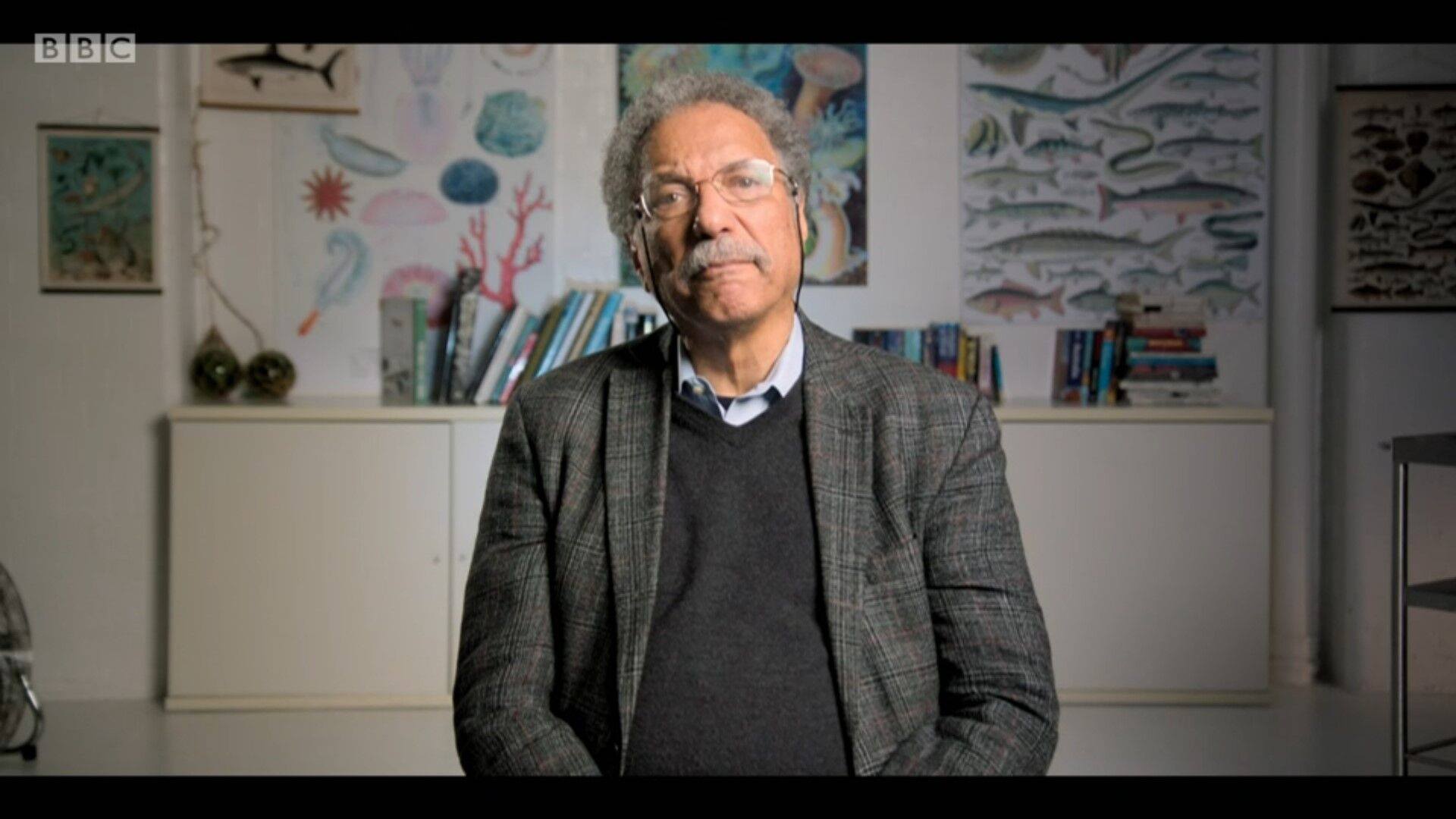The Sea Around Us Principal Investigator, Daniel Pauly, is among the experts interviewed by the BBC in the documentary Extinction: The Facts, conducted by Sir David Attenborough.
The film was released in late 2020 in the United Kingdom and it is now available in other countries via Daily Motion.
According to the journalistic piece, extinction is now happening up to 100 times faster than the natural evolutionary rate, with overfishing, climate change and pollution being identified as the key drivers of biodiversity loss.
This is where Dr. Pauly comes in.
In the segment dedicated to the ocean, he points out the magnitude of industrial fishing operations, the single biggest threat to marine life.
Pauly says industrial fishing now involves gargantuan trawlers capable of fitting four jumbo jets in their mouths. These machines swipe the seafloor on a daily basis, razing everything on their paths. At any given time, there can be 100,000 trawlers active in the global ocean.
Pauly notes that these types of practices have severely altered marine ecosystems to a point where, for example, abundance of fish along the coast of China has been reduced to about 16 per cent of what it was before industrial fishing began.
Both the Sea Around Us PI and Prof. Julia Jones from Bangor University then say that there is a way to put the brakes on this carnage by effectively managing fish stocks, which in certain areas implies reducing fishing so that populations can recover.
“You have to choose whether you want a sustainable modest catch for a long time or have a big catch for a short time, and we have always opted for the big catch for a short time,” Pauly says.
Extinction: The Facts asks humans to understand that when thinking about extinction, it is important to know that the issue goes beyond the loss of individual species because everything in the natural world is connected in networks that support the whole of life on Earth.


